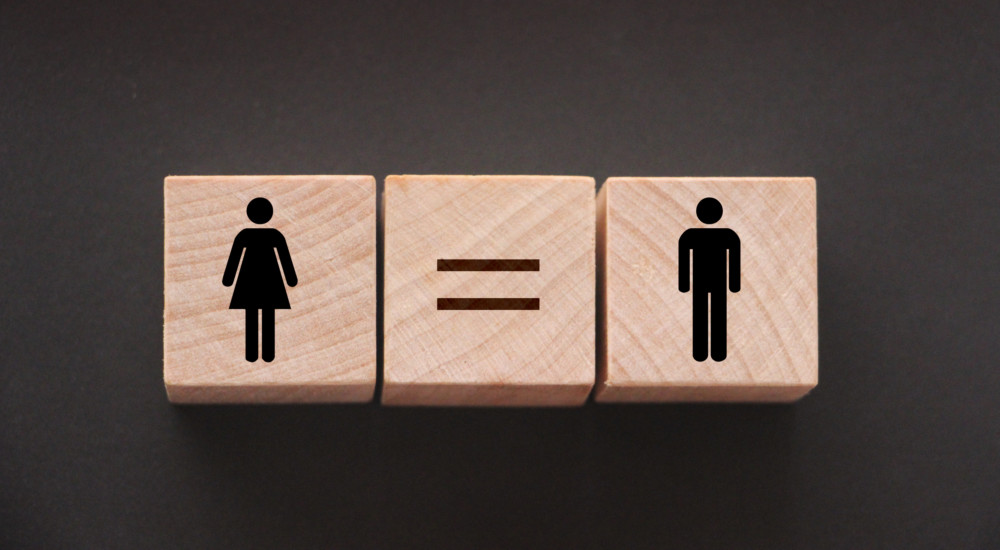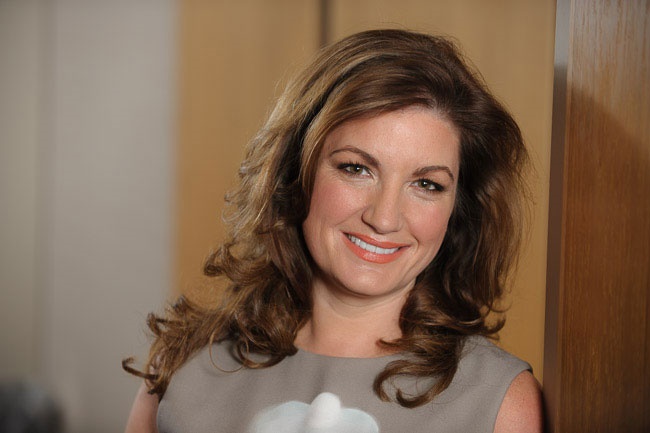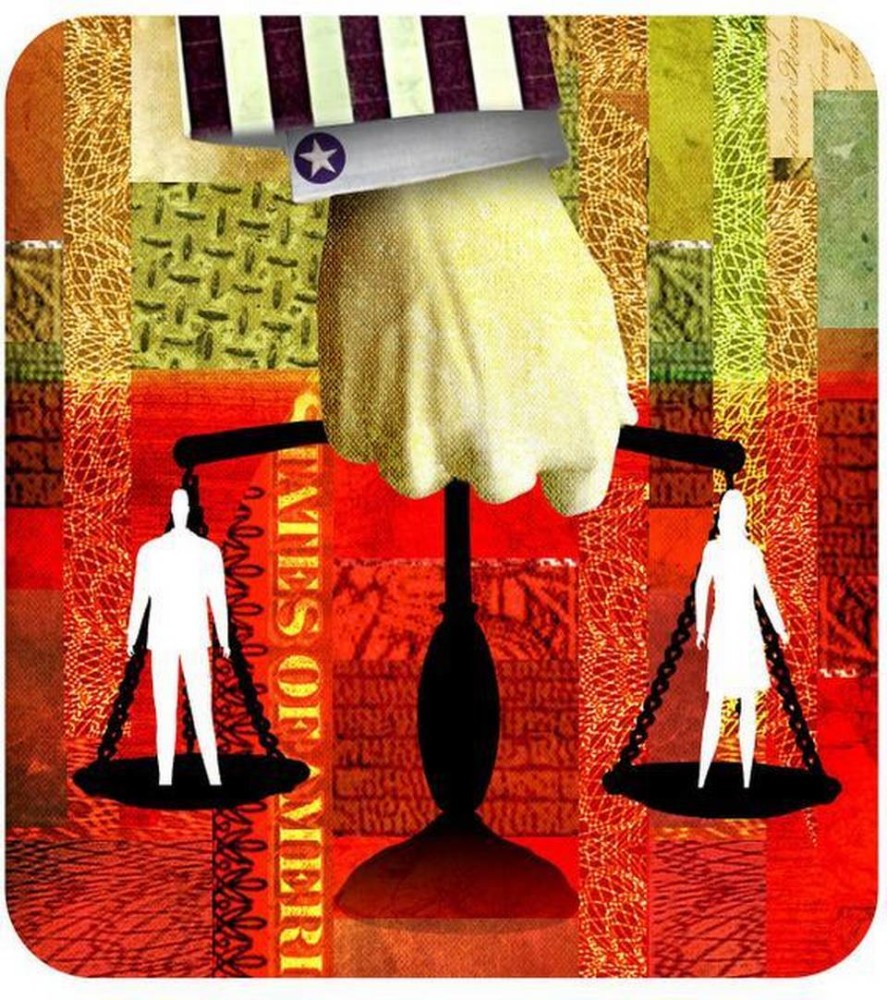By Brady Slater
Duluth News Tribune.
For a state that fancies itself progressive, it’s always good to prove it.
When Gov. Mark Dayton signed the Women’s Economic Security Act into law on Mother’s Day, it placed Minnesota at the forefront of the discussion on female equality in the workplace.
Today in Duluth, that discussion advances. The “Women & Families Economic Security Summit” at the DECC is the first of three nationally, joining Harrisburg, Pa., and Orlando, Fla., leading into a June 23 summit hosted by the White House.
For Liz Olson, Duluth’s inclusion in the discussion makes perfect sense. She cited the 8th Congressional District as being home to one of the biggest pay disparities between men and women in the state, particularly on the Iron Range and other rural areas.
“This would have been a different discussion had it taken place in St. Paul,” said Olson, who is the Duluth organizing and policy manager for TakeAction Minnesota, which is hosting the summit in conjunction with the Center for American Progress, a Washington, D.C., think tank.
The summit will tackle a host of issues — including paid leave and sick time, and gender pay disparity — that become more and more magnified as the country distances itself from an economic model rooted in the 1950s and ’60s. At that time, women made up 25 percent of the breadwinners or co-breadwinners. Now, two-thirds of women hold that distinction.
Single-parent mothers may have it the hardest. What does a woman making minimum wage do with a sick child when she has no support in the workplace such as paid time off? Does she send a sick child to school? Does she take the pay hit, or even risk her job?
“These are stark choices,” said Greta Bergstrom, TakeAction Minnesota’s communications director. “It’s a hardship to lose those wages.”
The answer isn’t to wait until 2058, which the women in this story say is the projection for when the free market would catch up with current gender dynamics in the workplace.
Rather, they say the answer is to use opportunities such as the Minnesota’s Women’s Economic Security Act to “build power for the next session,” Bergstrom said.
“We need to have structural change,” said Lori Lodes, senior vice president of the Center for American Change. “The structures have not kept up.”
Historically, women have worn workplace inequality as “my burden,” Lodes said. Unpaid pregnancy leave is among those burdens.
Were more companies to create more supportive structures, they might find even greater productivity than already exists. Lodes said when workers succeed, so do businesses and communities.
“Anytime companies pass really strong sick leave measures,” she said, “it hasn’t hurt the business. Output has gone up and it drives the economy.”
More than 130 people have RSVP’d to attend today’s summit, which will feature a keynote address by Minnesota House Speaker Paul Thissen.

















































































































































































































































































































































































